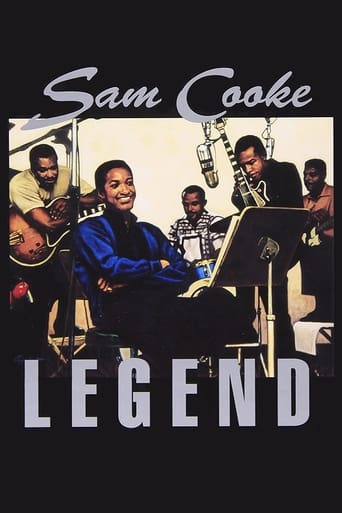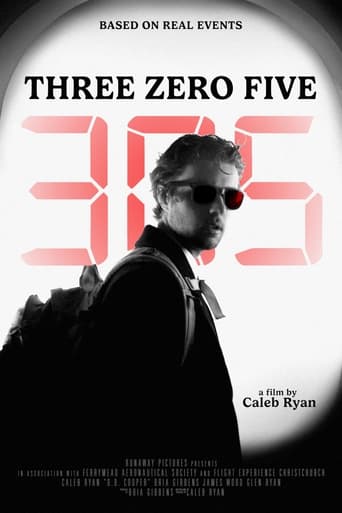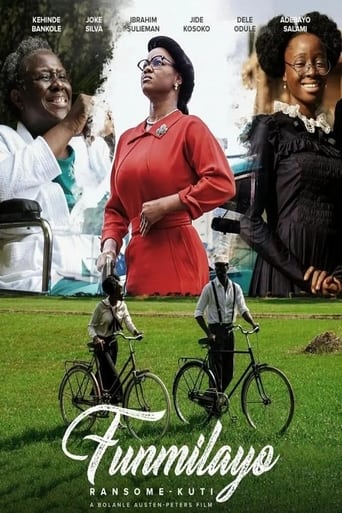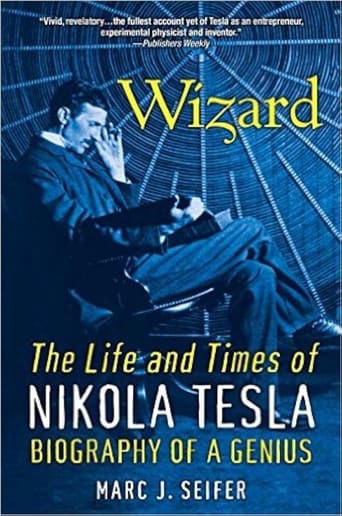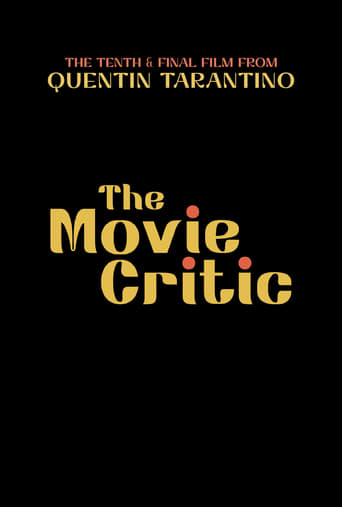
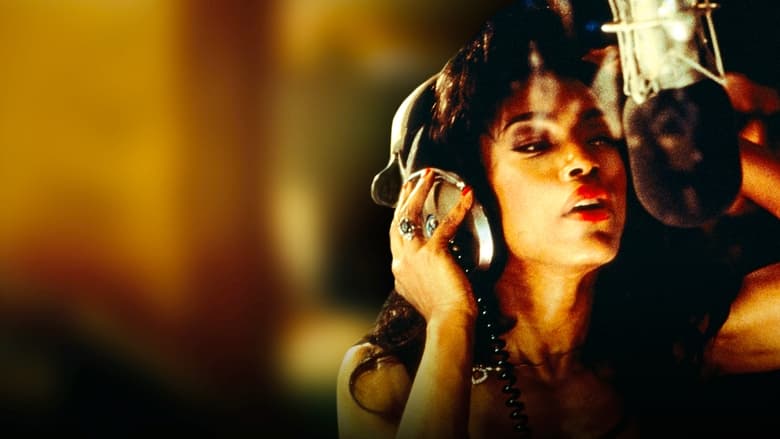
 Watch Now
Watch Now






What's Love Got to Do with It (1993)
 Watch Now
Watch Now






Singer Tina Turner rises to stardom while mustering the courage to break free from her abusive husband Ike.
Watch Trailer
Cast


Similar titles
Reviews
Thanks for the memories!
Pretty Good
A Disappointing Continuation
This is a small, humorous movie in some ways, but it has a huge heart. What a nice experience.
This is maybe a first time I heard about Tina Turner and her songs. In short,the film was very interesting.Acctualy,Ithink that every biography is interesting. The first scene is cute and catchy.But,for the beginning of the film,we see that her childhood was not happy.And that will form her adulthood. So there is one interesting dimension of film:the wounds from childhood.Then we skip few years to the very important moment of her life:the first touch with Ike and The kings of rhythm.The acting is amazingly good.I felt every characters feelings. The most interesting is Ike:he is charming but violent,from the beginning he want's to dominate to others.Because of a lession that film gives and extraordinary quality of the film,it is useful to watch it.
Do not mistake the script of a Hollywood movie for fact. Not a bad movie, actually, just not very accurate or fair to Ike. Annie Mae Bullock was not the innocent little country girl she's made out to be when she met Ike. Ike, in reality, was half Laurence Fishburne's size (and in a punch-up between him & Tina, my money'd be on Tina). And the movie seems to suggest that Ike spent every day of the week beating on Tina, while in reality he was always working: writing, rehearsing the band, recording, organizing tours etc. That is why the group was successful, while the movie seems to suggest that Tina was the only one with talent & Ike was nothing more than a parasite. Ike made much of music history what it is, scouting talent for the Sun & Modern labels for instance. The movie utterly destroyed his reputation & even now that he's dead, he'll never be remembered for his amazing work. Musicians & other close associates from the Ike & Tina days regularly dismiss this movie as a gross distortion of facts. Of course, that's what makes it a good movie - you can't build a story on facts.
Recent years have seen a number of pop star biopics, such as "Ray", "Walk the Line" and "Dreamgirls", a fictionalised version of the story of Diana Ross and the Supremes. (I understand that a life of Marvin Gaye is to come in the near future). "What's Love Got to Do with It", based on Tina Turner's autobiography, was one of the earliest in this genre."Ray" and "Walk the Line" both laid considerable emphasis on their subjects' early years. Like Ray Charles and Johnny Cash, Anna Mae Bullock (Tina's real name) was born in America's Deep South in the 1930s and grew up in poverty. Her birthplace, Nutbush, Tennessee, was later immortalised in her song "Nutbush City Limits". (Her promotion of this small village to city status was presumably a piece of sardonic humour). The film does not, however, dwell on her childhood at any length, although there is one scene in which the young Anna Mae is thrown out of her local church choir for singing with too much fervour. (Ironically, she was later to renounce Christianity in favour of Buddhism, and this is dealt with in the film, although we are left with the misleading impression that the Buddhist religion consists of little more than the attainment of inner peace through the repeated chanting of a phrase in a foreign language).There is a convention, observed by most showbiz biographies, that success doesn't come easily. The star must be shown battling against internal demons or external forces which hinder his or her rise to the top and then threaten to destroy his or her career. This convention may be something of a cliché, yet it is often a necessary one, needed to give dramatic force to narratives that might otherwise be bland and uninteresting. It is for this reason that I found the Jennifer Lopez film "Selena" vaguely unsatisfactory. Selena Quintanilla-Perez seemed to achieve success as easily as breathing and, as portrayed by Lopez, was so innocent and wholesome that the concept of internal demons was entirely foreign to her. Her murder in the final scenes- even though this is what happened to the real Selena- seemed like an ending tacked on from some entirely different movie.In this film the threat to Tina is not an internal demon but an external one, in the shape of her husband, mentor, and performing partner, Ike, The film concentrates largely on the first two decades of Tina's career, and especially on her marriage. Yet, in the early part of the film, Ike is not the villain of the piece. In the 1950s he was an established star in his own right, and the film describes how he met Anna Mae while she was living in St Louis in the late fifties, how he became first her lover, then her husband and how created her career as a performer. They were to win fame in the sixties as a husband-and-wife double-act, "Ike and Tina Turner". (Ike suggested that she take Tina as her stage name).As the film progresses, however, it becomes clear that Ike is an unstable personality with an uncontrollable temper, subject to fits of rage in which he abuses Tina both verbally and physically. Although he created her as a performer, he comes close to destroying her as a person. Eventually, after fifteen years Tina has had enough, and the marriage ends in divorce. The title is taken from another of her well-known songs, although it might also be taken as her comment on her marriage. What had love got to do with the way Ike treated her? The last part of the film deals with Tina's attempts to make a new career as a solo performer, but overlooks her long-standing relationship with her German partner Erwin Bach. Hollywood is often uncomfortable with the idea of mixed-race relationships, even real-life ones.Angela Bassett was very good at conveying the raw energy and sexual power of Tina's stage performances, although it is Tina's voice that we actually hear. I was, however, less impressed by her interpretation of the role in the rest of the film and was surprised that she was nominated for an Oscar, especially as there were some deserving performances that were overlooked (notably Michelle Pfeiffer in "The Age of Innocence"). Bassett's Tina, away from the stage or the recording studio, came across as too passive and willing to submit to Ike's demands, as well as a bit too saintly.Laurence Fishburne was better, bringing out both the Jekyll and the Hyde in Ike's character, both his charisma and his violent fury, although the film perhaps does not explain why their marriage should have lasted for so long. The film may have been based upon Tina's autobiography, but autobiographies are not always the most reliable sources of information, and this reliance on a single, partial, source means that "What's Love Got to Do with It", although a very watchable and at times powerful drama, ends up rather unbalanced, with too many black and white distinctions and too few shades of grey. 6/10
WHAT'S LOVE GOT TO DO WITH IT is the dazzling 1993 musical biopic that chronicles the legendary Tina Turner, from her humble beginnings as a show off in her church choir when she was a kid named Anna Mae Bullock to her now legendary success as one of the top rock and roll performers of our generation. As expected, the majority of the film focuses on Anna Mae's relationship with Ike Turner, a musician who works steadily but stays on the cusp of stardom until meeting Anna Mae, changing her name to Tina and making her the lead singer of the group. The film shines a not-too-flattering light on Ike's abusive treatment of Tina, which ranges from severe beatings to marital rape. The screenplay, clearly based on Tina's autobiography I, TINA, is kind of one-sided...in the film, Tina is presented as just this side of Mother Theresa and that Ike single-handedly destroyed their marriage, but in later years, Turner has admitted that the movie does paint Ike in an unflattering light and that she had as much to do with the destruction of their marriage as he did. On the other hand, it is the single-sided view of the screenplay that helps to make this movie so entertaining...we have a crystal clear heroine and an equally clear villain here that arouse the expected reactions from the filmgoers. Angela Bassett and Laurence Fishbourne deliver electrifying performances as the Turners, performances that earned them both Oscar nominations and are the anchor of this film. Bassett does a more than credible job of lip-syncing to original Tina recordings. Yes, it may gloss over the facts and the actors may not look like the people they are portraying, but this film is powerhouse entertainment from start to finish.






